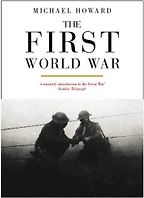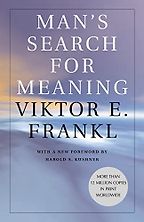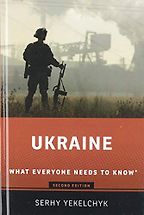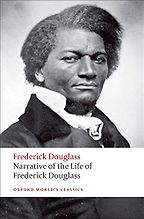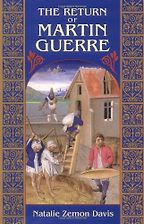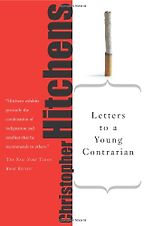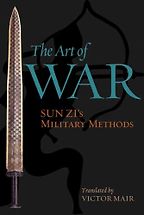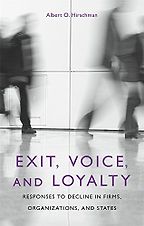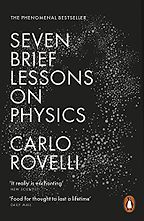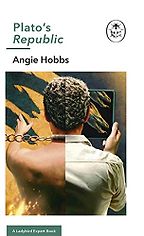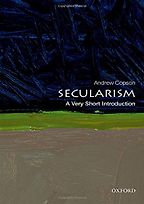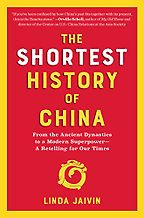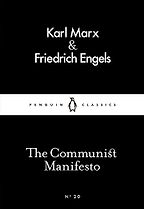Short Nonfiction
Last updated: August 20, 2025
To get your head around a big subject like World War I or read one of the best political science books, you'll need to set aside a good few weeks, right? Fortunately, you don't. Quite a few of the classic nonfiction books that you'll hear people talk about are extremely short. Also exciting is the fact the publishing world is currently awash with brief introductions to complex subjects, often written by leading experts in the field. We've picked out some of our favourites in the list of books below.
More generally, there are many introductory nonfiction series whose books have been recommended in our interviews, such as OUP's Very Short Introductions which cover a huge range of subjects. We're also big fans of the Shortest History of... series, which includes (most recently) books on Italy, economics, China and sex.
“This is the best single, short introduction to the whole First World War. It’s a remarkable piece of concision. Sir Michael has apparently absorbed all the research about the First World War and then boiled it down to 150 pages, which is remarkable.” Read more...
Jonathan Boff, Historian
“I chose this book because it’s an incredibly powerful and moving example of what existentialist thought can actually be for in real life, what good it can do, how it can help people. Viktor Frankl was a concentration camp survivor and a psychotherapist and psychologist. Just after the war he wrote a book which has been translated as Man’s Search for Meaning. (The original title translates as Saying Yes to Life Anyway: A Psychologist Survives the Concentration Camp.) In it, he tells the story of his experience and how you can maintain your inner freedom and your human identity in the face of a situation that is designed to completely destroy and demolish all human dignity. It’s almost impossible to do, and he doesn’t say ‘This is the recipe for how I did it’ — he just explores the ways in which fragments of purpose and of meaning in human life kept him going.” Read more...
The best books on Existentialism
Sarah Bakewell, Philosopher
“It’s an ABC of the current conflict and the war, written by a very good historian…It was done almost like a catechism: he collected all these questions that were out there and explained what they meant. The book was exceptionally important given that the war that began in Ukraine and still goes on is a hybrid one: it includes disinformation, false narratives, false flag operations, and so on and so forth. The book did a very good job of explaining whatever claims there were in the media. Was the Ukrainian Maidan protest fascist? What was happening with Crimea? What is the attitude of the population of Donbas?” Read more...
The best books on Ukraine and Russia
Serhii Plokhy, Historian
Narrative of the Life of Frederick Douglass, an American Slave
by Frederick Douglass
This is one of the three memoirs written by Frederick Douglass, the 19th-century American who escaped slavery and became a leading abolitionist. The book was a bestseller in his lifetime and remains an incredibly moving read. It's a short book, and if you have a free weekend afternoon, learning firsthand what it was like to be enslaved is a rewarding way to spend it.
“This book tells the fascinating story of Martin Guerre: a mysterious tale of imposture, love, and honour among sixteenth-century French peasants. It is a brilliant bit of historical detective work and a captivating read that plunges the reader deep into the world of the past.” Read more...
The Best History Books to Take on Holiday
Suzannah Lipscomb, Historian
“This is a wonderful book and it deserves to be a classic. Christopher Hitchens has long been a hero of mine and this book is one of the reasons. It’s more than a book about how to be a contrarian; it’s a book about how to think politically. His style is gorgeous, with all his literary references. The book itself is written in an incredibly rich and enjoyable way, and it’s funny too. It’s about the transformative power of argument, and how how one thinks is almost more important than what one thinks.” Read more...
The best books on The Leaderless Revolution
Carne Ross, Political Commentator
“It has survived, partly because of the way it was written—as aphorisms or pearls of wisdom regarding how to view strategy or to fight wars. That made it easily transferrable from one historical era to another.” Read more...
The best books on Military Strategy
Antulio Echevarria II, Military Historians & Veteran
“Economics is largely the study of what the brilliant Albert Hirschman called ‘exit.’ If you don’t like a product, you stop buying it and instead purchase an alternative, exercising your ability to exit the product. Hirschman, however, points out that in society more broadly, and even in the economy specifically, ‘exit’ is not our only option—we also have voice.” Read more...
The best books on Market Competition
Jason Furman, Economist
Seven Brief Lessons on Physics
by Carlo Rovelli
Written as a series of newspaper articles for an Italian newspaper, Italian physicist Carlo Rovelli's Seven Brief Lessons on Physics is a wonderfully clear and succinct account of where we're at with physics in the 21st century. Prepare to understand concepts like relativity for the first time, and get comfortable with how true it is that reality is not at all what it seems.
The Motorcycle Diaries: Notes on a Latin American Journey
by Che Guevara
Che Guevara is such an icon that it's interesting reading him in the first person, describing his road trip across Latin America with a friend as a student in the early 1950s. He's quite funny. He wrote quite a few other, more serious books—about the Cuban Revolution and also fighting in Bolivia, where he was caught and executed. They're all written in note form, so quite readable although a bit of extra reading may be needed for context.
Plato's Republic: A Ladybird Expert Book
by Angie Hobbs
Plato's Republic is one of the most important philosophy books ever written, but it can be a difficult book to read. Plato's Republic: A Ladybird Expert Book explains very clearly what it's all about in just 24 pages (of text. There are also lovely illustrations). It explains the context and introduces the most important topics that Plato's Republic covers. The author, Angie Hobbs, is a leading Plato scholar and has also written a 100,000-word book on Plato's Republic. "In some ways, this was harder," says Hobbs.
Secularism: A Very Short Introduction
by Andrew Copson
Part of the Very Short Introductions series
Andrew Copson’s short book covers a lot of ground. In his role as Chief Executive of Humanists UK, he is practically involved with secularism on a daily basis, and is an eloquent defender of secularist principles, but nevertheless here provides a balanced and generous interpretation that presents arguments on different sides. Read our philosophy editor, Nigel Warburton's, review:
“It’s about 250 pages, which for several thousand years of history is not bad. Jaivin’s a very talented writer, who knows China well, and from a variety of vantage points…The most challenging thing for a book like this is to do justice to both continuities and ruptures. She doesn’t fall into the trap of an ‘unchanging China’ idea. One nice visual touch is that most chapters have a map. It’s a map of what now comes into our mind when we hear the word China, and she shows how much or how little—and it’s often very little—of that physical space was actually controlled by the dynasty in power at the time” Read more...
Jeffrey Wasserstrom, Historian
“I chose The Communist Manifesto, rather than, say, Capital because it shows in a much easier-to-read, shorter work something that is central to Marx’s vision. ..The Communist Manifesto is an early work, published in February 1848, the year of revolutions in Europe, when Marx was not quite 30. The Manifesto shows Marx still thinking within the framework of Hegel’s ideas about contradiction but transforming them from something that’s happening in our consciousness to something that’s happening in the material world.” Read more...
The Best Nineteenth-Century Philosophy Books
Peter Singer, Philosopher
